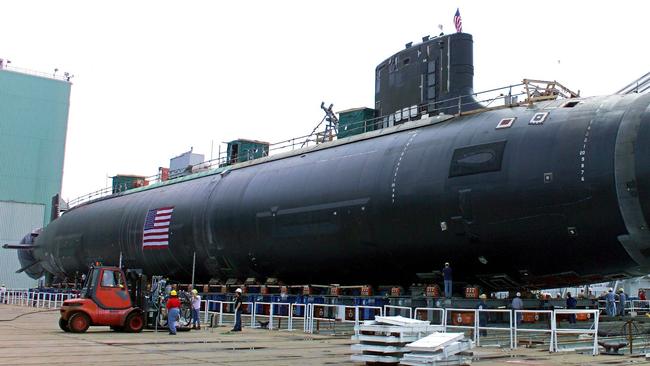
All leading nations are masters of nuclear technology. Almost all use nuclear energy. Dutton’s plan is a huge commitment to nation building. It would be the first substantial economic supply side and productivity-enhancing reform in Australia since the introduction of the GST. Its application to AUKUS is central.
One of the many unresolved contradictions at the heart of AUKUS is that Australia is planning to become the only nation that builds, possesses and operates nuclear submarines without also having nuclear energy for electricity generation.
The US, Russia, China, India, Britain and France operate nuclear-powered subs. They also operate substantial nuclear energy programs. They also, incidentally, possess nuclear weapons.
This means they have hundreds, thousands, of nuclear engineers, technicians and workers who are masters of nuclear technology in all its stages and guises. No first-rate nation is without nuclear technology.
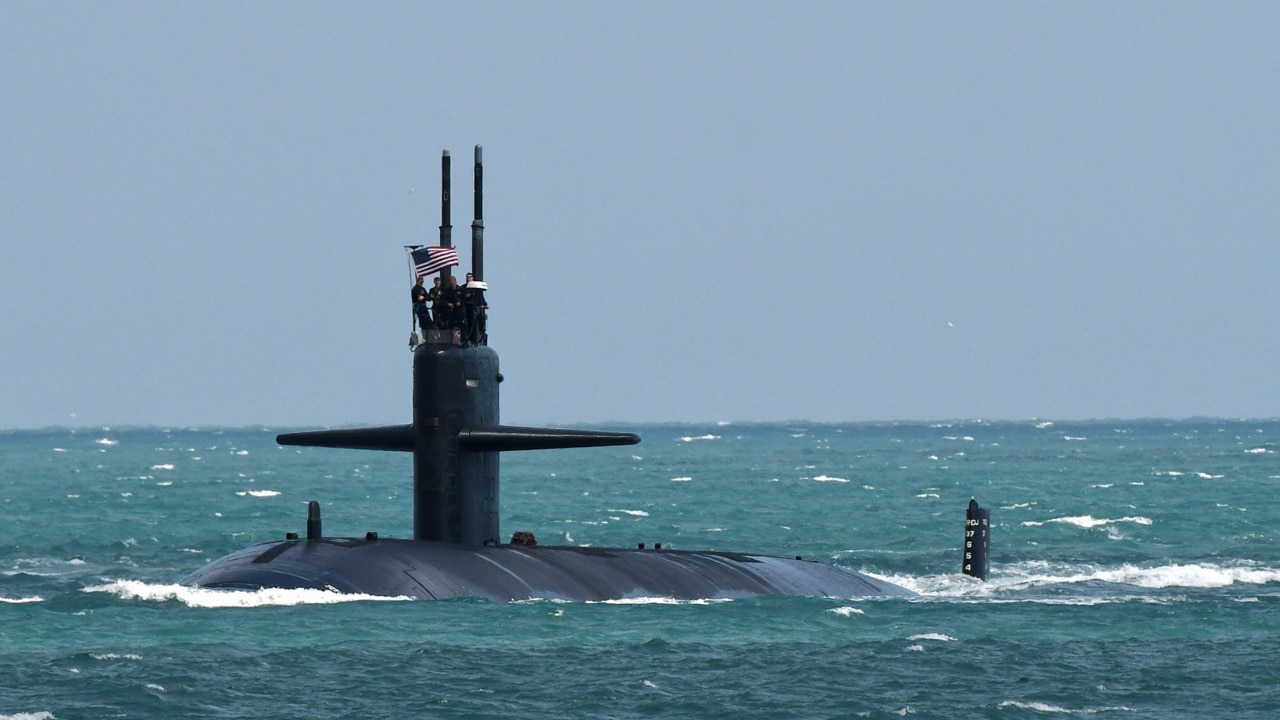
Part of the air of unreality over the Albanese government’s AUKUS plan is that it is not preparing the nation, nor preparing the infrastructure, nor making any of the hard decisions, which even buying nuclear subs from the US would involve, much less building them ourselves in Adelaide.
If we are developing nuclear power, we’re much more likely to be able to build, sustain, operate and expand a nuclear-powered submarine fleet. Against all the evidence so far, AUKUS might actually come to mean something for Australia in terms of military capability.
The arguments against nuclear energy on grounds of safety or waste are rendered ridiculous by our embrace of AUKUS. How can it possibly be safe to have eight small modular nuclear reactors, surrounded by military weapons, speeding around the oceans, under water, going often into hostile territory, and resting for long periods in ports in major Australian cities, yet at the same time be unsafe to have settled, proven, globally safe, stationary, purpose-built nuclear energy plants?
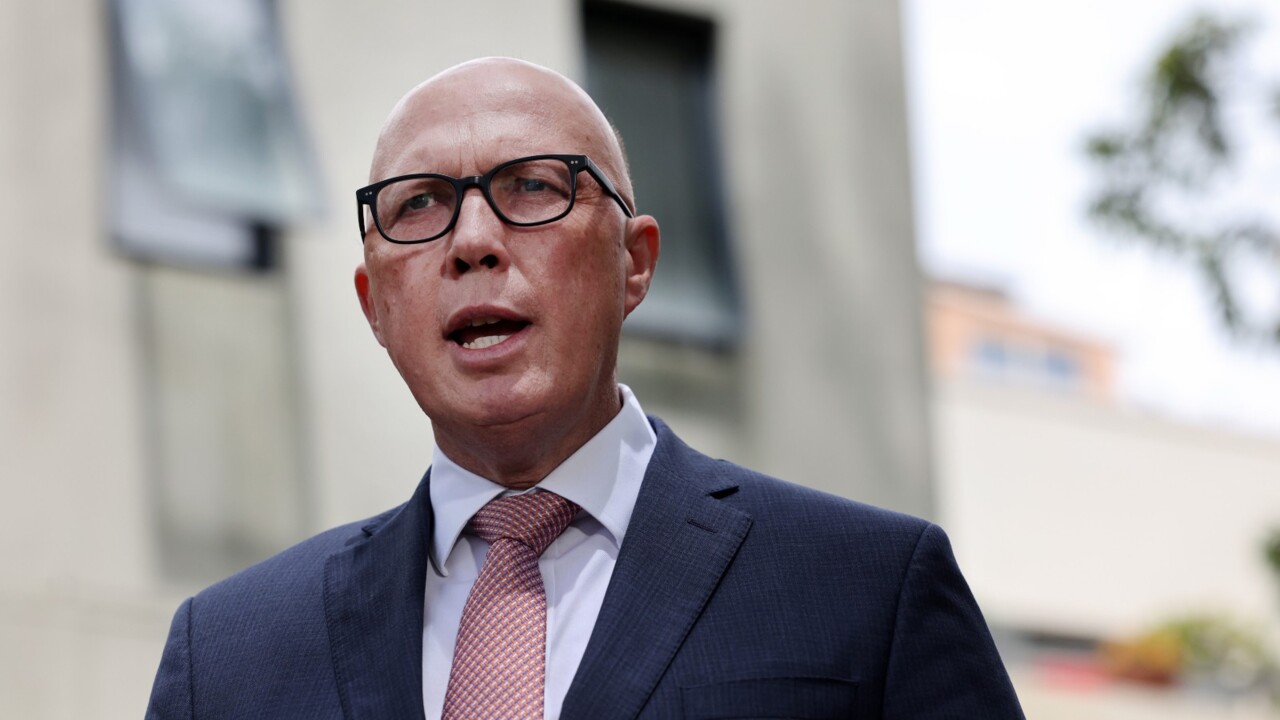
Similarly on waste. The government will eventually have to store waste from our nuclear submarines. It won’t say where. Similarly it is so pusillanimous about the realities of AUKUS that it won’t even nominate the site for an east coast submarine base. But if the government accepts it’s fine to store waste from nuclear submarines, the same is true for waste from nuclear reactors.
Nuclear energy is good for the climate. It’s barely conceivable that it could cause delay in the reduction of some greenhouse gas emissions, though the Albanese government is the only entity on the planet that believes it will reach its 2030 progressive target for greenhouse gas reductions. But globally, greenhouse emissions are rising. The use of coal, oil and gas are at record high levels globally. That doesn’t mean Australia should abandon trying to reduce greenhouse gas emissions. But there’s no reason to panic over whether we get to a target a few years later. Such marginal difference in performance from Australia will make not the slightest difference to the climate, in Australia or globally.
But the great thing about nuclear energy is that it solves the problem long term.
An over-reliance on renewable energy will be highly expensive and unreliable. A CSIRO study on the comparative costs of energy types has been subject to devastating critique. But, in any event, such speculative economic prognosticating is not the CSIRO’s core task. If it goes on like this it will become as politicised, and as useless to the nation, as have so many other institutions.
The politics of nuclear energy may prove impossible. But it’s the right move for Australia in energy, climate, military capability and international standing. But then, as a nation, we so often reject the best option.


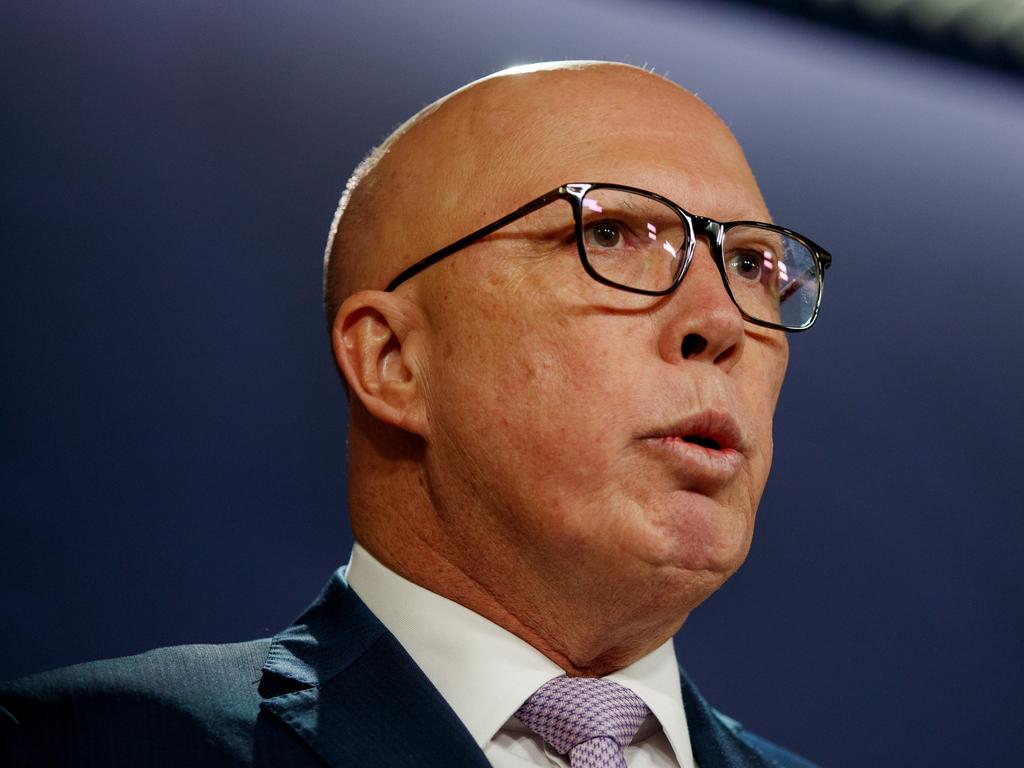
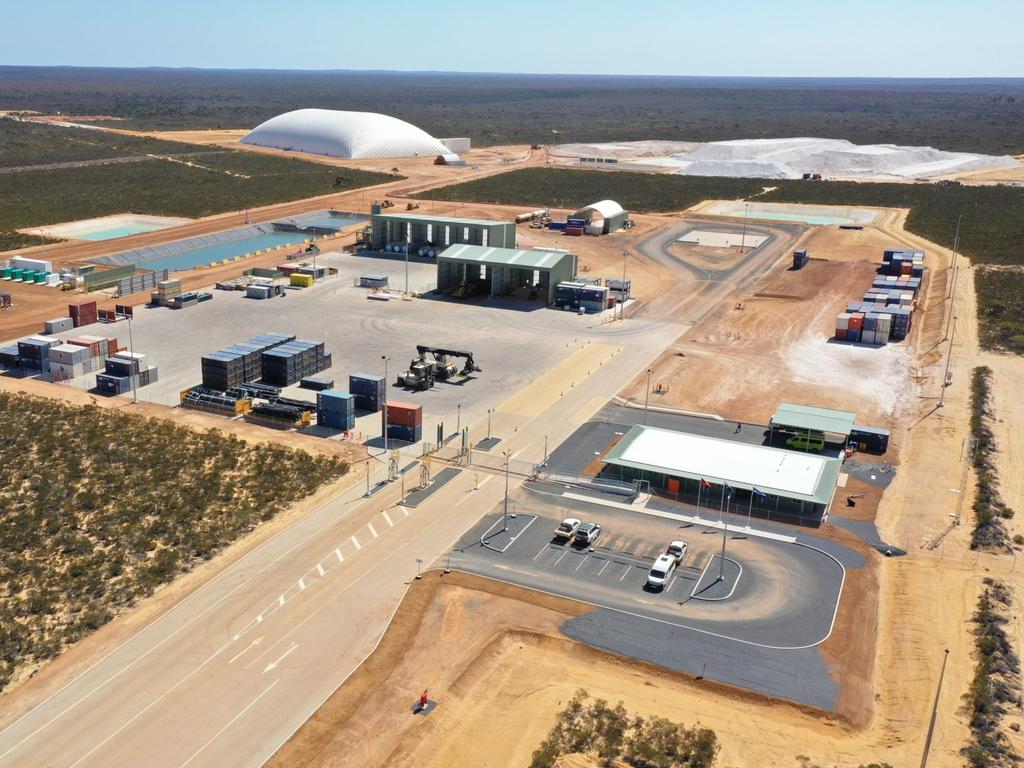



Peter Dutton’s plan for Australia to build a nuclear energy industry provides the best chance of the AUKUS agreement actually delivering something for Australia.